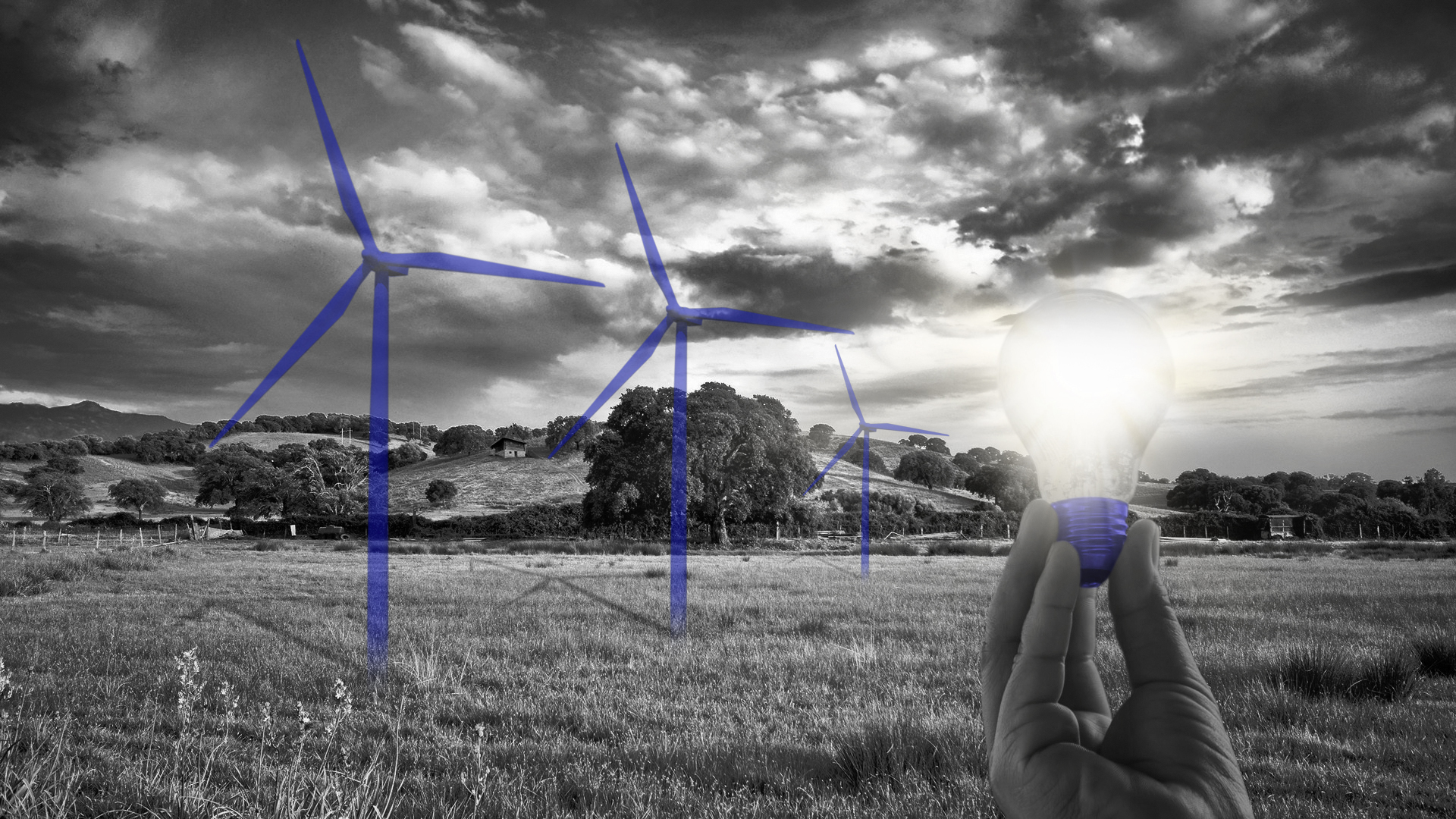Human activities since the beginning of the Industrial Revolution have produced a 45% increase in the atmospheric concentration of carbon dioxide, from 280 ppm in 1750 to 406 ppm in early 2017. Should greenhouse gas emissions continue at their rate in 2019, global warming could cause Earth's surface temperature to exceed historical values as early as 2047, with potentially harmful effects on ecosystems, biodiversity and human livelihoods.

At current emission rates, temperatures could increase by 2 °C, which the United Nations' IPCC designated as the upper limit to avoid dangerous” levels, by 2036.
In mining, slimes are the materials left over after the process of separating the valuable fraction from the uneconomic fraction of an ore. The rejected minerals and rocks liberated through mining and processing have the potential to damage the environment by releasing toxic metals (arsenic and mercury being two major culprits), by acid drainage (usually by microbial action on sulfide ores), or by damaging aquatic wildlife that relies on clear water (vs suspensions).
Plastics are inexpensive and durable, and as a result levels of plastic production by humans are high. However, the chemical structure of most plastics renders them resistant to many natural processes of degradation and as a result they are slow to degrade. Together, these two factors have led to a high prominence of plastic pollution in the environment. Plastic pollution can afflict land, waterways and oceans. It is estimated that up to 8.8 million metric tons of plastic waste enter the ocean from coastal communities each year.
Thevia Tiles are a physical embodiment of Africawide’s approach to technological advancements and a commitment to fuel Africa’s growth by preparing for tomorrow, today. Promoting clean technology products that reduce negative environmental impact at the same time contributing to development, productivity and output in the region, Thevia is a manifestation of Africawide’s dedication to providing solutions.
Thevia is a sustainably manufactured roof tile that will revolutionise the roof tile market, owing to its unique design and composition. Winner of a 2016 California Green Building Award, Thevia Roof Tiles weigh a quarter of the traditional concrete tiles, and are twice as strong.
The tiles, each weighing 1.3 kg, are 70% lighter than traditional concrete, slate or clay tiles, and are manufactured from 99.4% waste material, comprising recycled plastic and mining slimes. One commercial line of production is expected to convert 100 tonnes of waste a week making the environmental impact one of a proportional magnitude:
1. Preventing 1.9kg greenhouse gas emissions per tile
2. Consuming 100 tonnes of slimes per line / week
3. Consuming 30 tonnes of plastic per line / week
Africawide Chief Commercial Officer, Martin Ackermann sites 4 necessary pillars in the adoption of cleantech, “Many of the difficulties of cleantech adoption can be traced to the fundamental error of focusing on parts rather than on the whole. The framework for thinking about new systems consists of four interdependent and mutually reinforcing components: an enabling technology, an innovative business model, a careful market-adoption strategy, and favourable government policy. The cleantech discourse has given far too little attention to the importance of business models and market adoption and even less to coordinating all four components into a coherent whole.”




